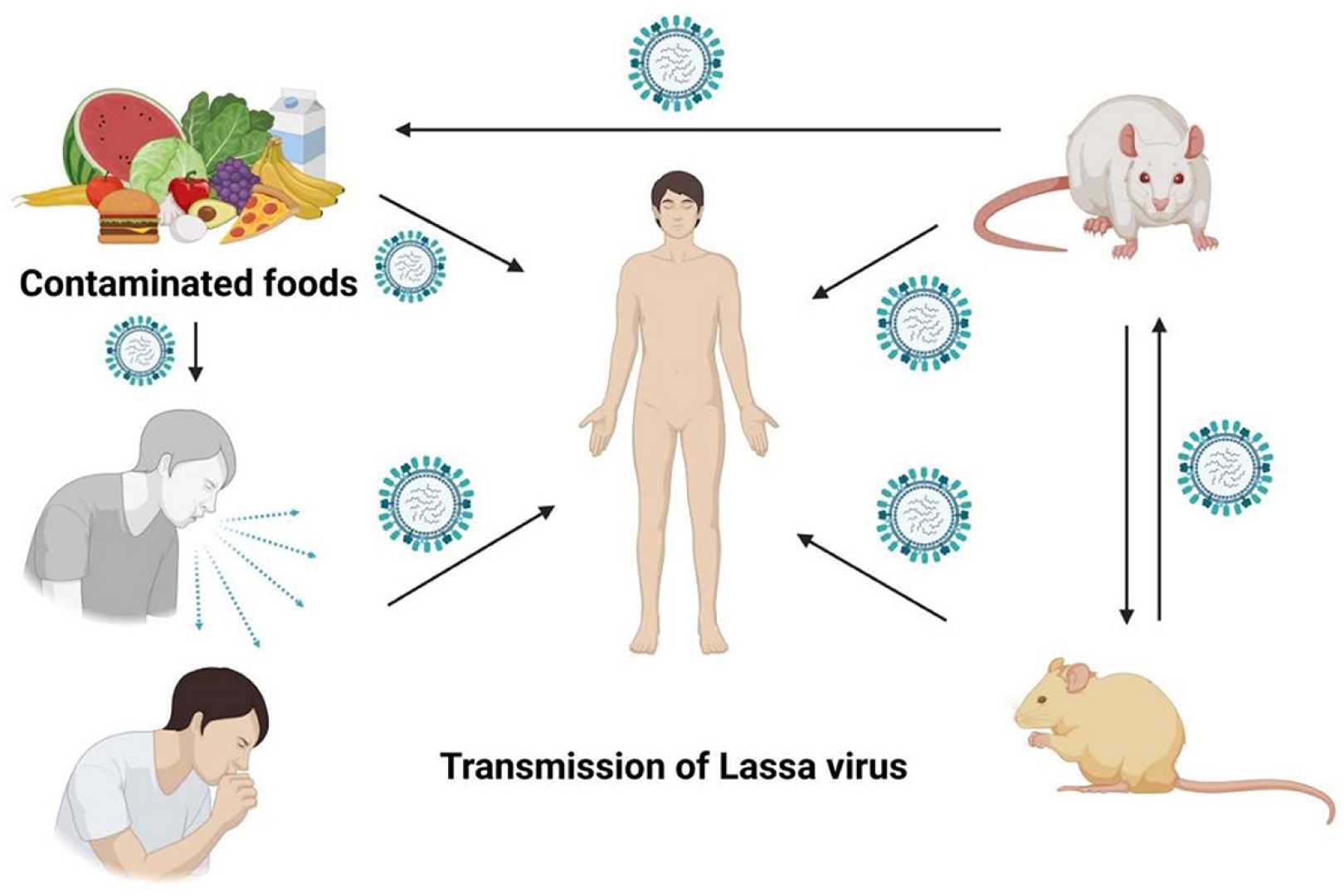Health
Iowa Reports Fatal Case of Lassa Fever in Traveler Returning from West Africa

The Iowa Department of Health and Human Services (IDHHS) announced on October 28, 2024, the death of a middle-aged eastern Iowa resident due to Lassa fever, a rare viral hemorrhagic fever. The individual had recently traveled to West Africa, where they are believed to have contracted the virus.
Initial testing conducted at the Nebraska Public Health Laboratory indicated a presumptive positive result for Lassa fever, and confirmation testing is currently underway at the US Centers for Disease Control and Prevention (CDC).
The patient was receiving treatment at the University of Iowa Health Care and was kept in isolation. State health officials, in collaboration with the CDC and local partners, are working to identify contacts of the patient and monitor them for 21 days, as the virus can be transmitted through direct contact with the blood or bodily fluids of an infected person.
Lassa fever is primarily carried by rodents and transmitted to humans through contact with the urine or feces of infected rodents. In West Africa, where the virus is endemic, it is estimated that between 100,000 and 300,000 individuals contract the illness annually, resulting in around 5,000 fatalities.
The CDC has assured that the risk of transmission in the United States remains “incredibly low” and that the virus does not spread through casual interactions. The patient did not exhibit any symptoms during their travel, indicating that the risk to fellow airline passengers is also extremely low.
This case marks the ninth documented instance of Lassa fever in individuals returning to the U.S. from endemic regions since 1969. Health authorities are continuing to investigate and monitor the situation to ensure public health protocols are followed.












